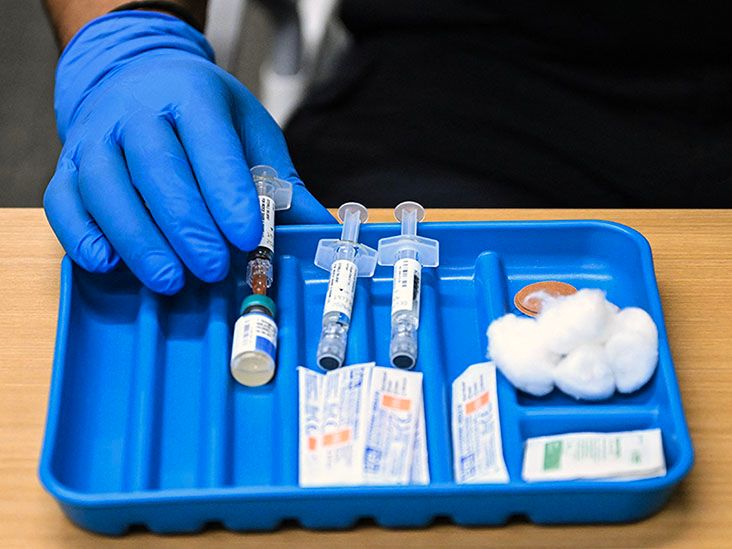Ulcerative colitis is a condition that causes ulcers and inflammation to develop on the inner lining of the large intestine. Some people may also develop inflammation in other areas, such as the liver.
Ulcerative colitis is a type of inflammatory bowel disease (IBD). It is an autoimmune disease, which means it develops due to an issue with the immune system. This issue causes the immune system to attack healthy cells inside the gut. However, the exact cause of ulcerative colitis is currently unknown.
Read on to learn more about the relationship between ulcerative colitis and the liver, symptoms of liver disease, and how to monitor liver health.

Ulcerative colitis may cause a person to develop additional health complications, some of which may affect the liver.
A 2018 review found that ulcerative colitis had associations with an increased risk in certain liver conditions, such as:
- primary sclerosing cholangitis
- nonalcoholic fatty liver disease (NAFLD)
- liver abscesses
- granulomatous hepatitis, which is when small lumps known as granulomas form in the liver
- iIG4-related cholangiopathy, a rare form of cholangitis
- hepatic amyloidosis, a rare condition where the protein amyloid builds up in the liver
- primary biliary cirrhosis
- portal vein thrombosis
- reactivation of chronic viral hepatitis, a sudden increase in hepatitis B virus in people who have had it previously
- drug-induced hepatotoxicity, which is liver damage due to medication
Researchers note that people with ulcerative colitis may have an increased risk of developing primary sclerosing cholangitis and primary biliary cirrhosis than other forms of IBD.
A review from 2022 states that ulcerative colitis may result in liver issues due to the following:
- a shared autoimmune background
- intestinal inflammation
- metabolic impairment, which refers to a disruption in the body’s metabolism
- side effects of medications that treat ulcerative colitis
The Crohn’s and Colitis Foundation states that generally, liver damage due to IBD is reversible. However, severe liver disease can affect around 5% of people with IBD.
Symptoms of liver disease may vary depending on an individual’s condition. A person may not experience symptoms until their liver has become damaged and scarred, known as cirrhosis.
The
In the later stages of the condition, cirrhosis may cause:
- bruising and bleeding easily
- confusion, memory loss, difficulty thinking, or personality changes
- difficulty sleeping
- internal bleeding
- swollen legs, ankles, or feet
- ascites, which is a buildup of fluid in the abdomen
- severe itchy skin
- dark urine
- jaundice, which refers to yellowing of the eyes, skin, or both
A 2021 review notes that doctors should regularly monitor the liver function of people with IBD. Additionally, a 2024 retrospective analysis recommended that those with IBD should undergo laboratory tests every 3 to 6 months to assess their levels of the following liver enzymes:
- alanine aminotransferase
- aspartate aminotransferase
- gamma-glutamyl transpeptidase
- alkaline phosphatase
The researchers also recommended that people undergo bilirubin level checking every 3 to 6 months. Bilirubin is a substance that occurs when the body breaks down red blood cells.
A doctor may use a liver function test to monitor the levels of these substances in the blood. A liver function test allows the doctor to check the health of a person’s liver.
A doctor may treat a person’s liver disease in different ways depending on what type they have.
A review from 2018 notes that a doctor may change the drug dosage or discontinue using certain drugs for treating ulcerative colitis if they are causing someone to develop liver problems.
A doctor may prescribe certain medications according to the type of liver disease a person has. This may include antivirals or immunosuppressants. Additionally, individuals may require surgery in cases of severe liver damage.
The
Ulcerative colitis is a type of inflammatory bowel disease (IBD) that may lead to certain liver diseases.
A person needs to speak with their doctor if they have ulcerative colitis and notice any signs of liver disease. A doctor should also perform liver function tests every 3 to 6 months to monitor their liver health.
The treatment a doctor recommends for liver disease with ulcerative colitis may depend on what type a person has. Individuals can speak with their doctor about what treatment is right for them.

